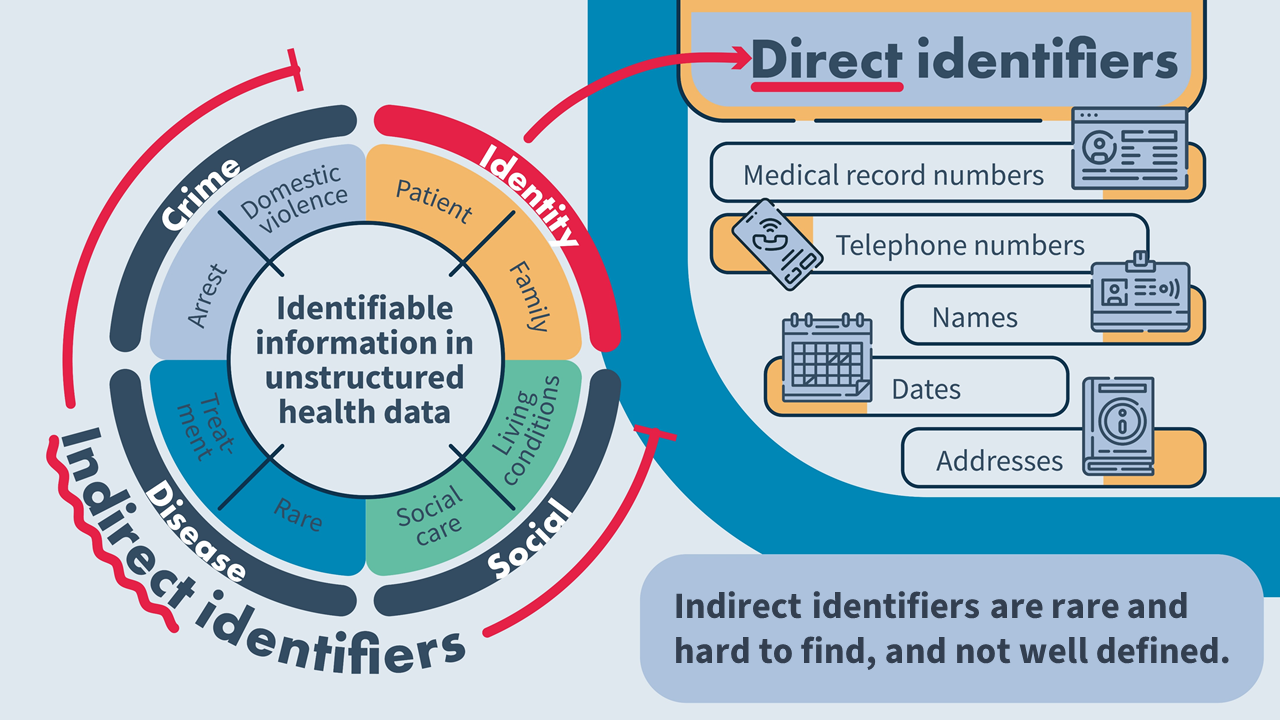Initial NLP projects and collaborations
Later-Life: The provision of effective care in later life is a major challenge for existing health and social care services. The complexity of needs and multiple conditions experienced by older people, as well as their diverse social contexts are vital for understanding health and care for later life. However, this information is mostly recorded in clinical free-text (GP/inpatient notes and letters/discharge summaries). We are working on developing methods to extract useful information from clinical notes that can be used securely for research studies or in understanding health and care service needs.
Leveraging NLP for Breast Cancer Patient Care: With increasing pressure on the NHS, there is a need to reduce inefficiencies. One example is the significant clinician time required to gather relevant patient data prior to cancer-clinic appointments. To address this issue, we will develop methods to extract information about a patient's medical history, treatments and side effects during breast cancer treatment from clinical notes. This will be used in further research working with the Edinburgh Cancer Informatics Team (CIT) to develop summaries of care for both patients and clinicians.
AMBER: Antidepressant Medications: Biology, Exposure & Response: Use of health data recorded throughout patient journeys provides valuable insights into how symptoms and response to treatments vary between individuals. By using health data, we can improve our understanding of depression and treatment response. Information about treatment response is often recorded in clinical notes and, through collaboration with the AMBER team, we are developing NLP methods to extract and code these data. Through DataLoch, this coded information will then be used by researchers as part of the wider AMBER project that aims to improve the lives of individuals living with depression.
If you are interested in collaborating around our NLP priorities, please contact the team.

